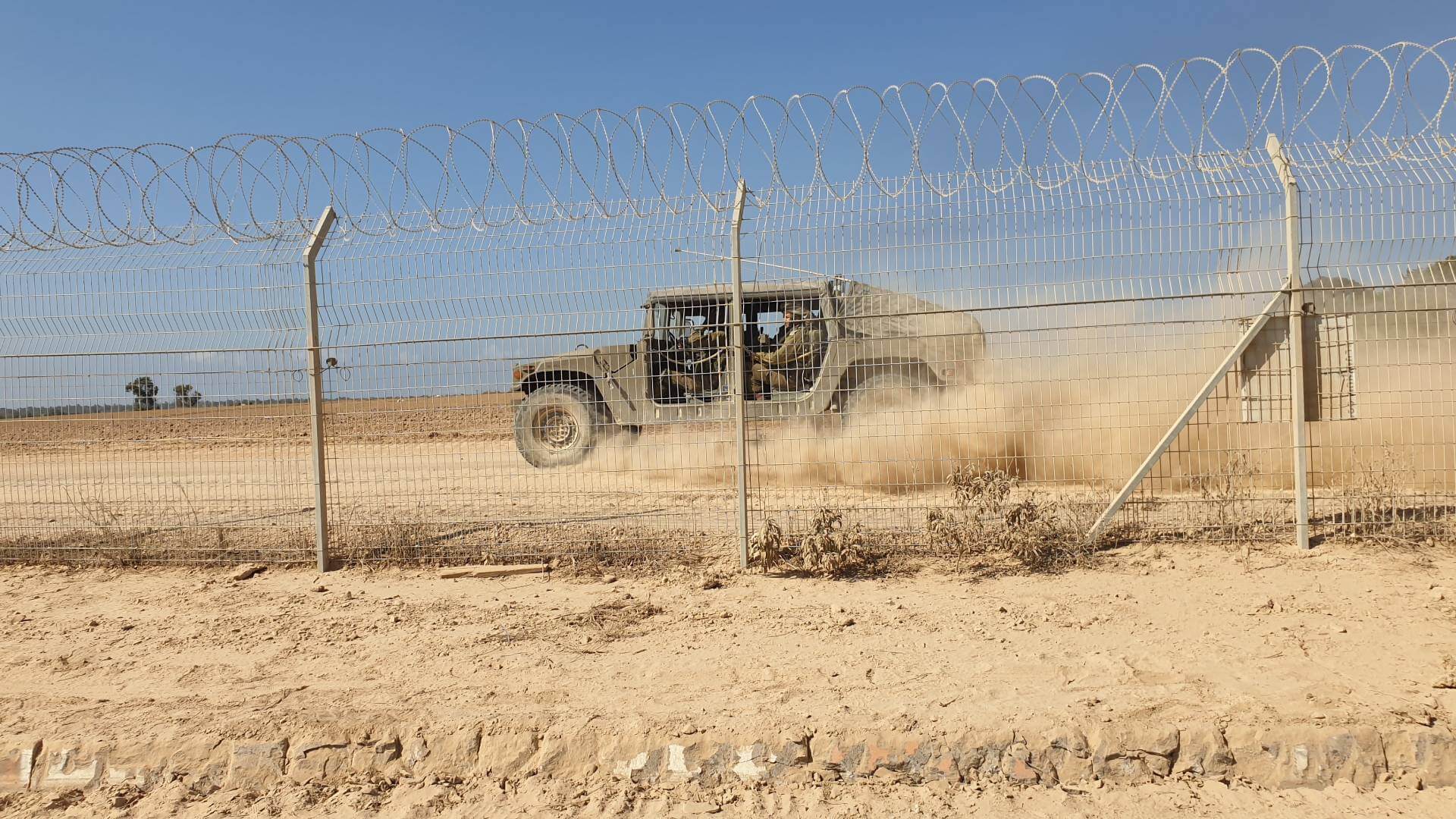On October 7, Hamas terrorists poured over the Israel–Gaza border. They slaughtered 1,200 people, including at least 846 civilians, 278 soldiers and 44 police. The terrorists brutally tortured, raped and dismembered their victims.
A crisis, as we know, provides both dangers and opportunities. To refer to Israel’s situation after October 7 as a “crisis” is to belittle a reality that the English language is unable to express. We talk here about a collective national trauma that Israel and the Jewish people have not experienced since the Holocaust.
Those who know something about Israel can appreciate the significance of the comparison made between the massacre of October 7 and the slaughter of six million Jews in the Holocaust. It is not about the numbers. It is about the very fact that the very state responsible for preventing massacres of Jews failed to do so on its own territory. This fact alone makes it clear that the current war will become a turning point.
The implosion of Netanyahu’s plans
The turning point has to do with the handling of the Palestinian question and Israel’s overall situation in the Middle East. For more than 13 out of the past 15 years, Israel has had the same prime minister, Benjamin Netanyahu. Netanyahu made very clear that he had two big missions; One was to show that resolving the Palestinian issue was not the key to peace between Israel and the Arab world; the second was, that Iran was the existential danger, not only to Israel, but also to the moderate Sunni Muslim Arab countries.
In Netanyahu’s mind, these two were intertwined. Go after Iran and on the basis of the old rule, “the enemy of my enemy is my friend,” try to expand Israel’s reach in the Middle East beyond Egypt and Jordan. Once that is achieved, the Palestinian question would be finally demoted to a local problem between Israel and 5 million disaffected Arabs, something that will be resolved “somehow,” while Israel and the Arab states deal with the Iranians together.
The attainment of all that depended on maintaining security relations with the Palestinian Authority in the West Bank and keeping Hamas in control of Gaza. Yes — although Netanyahu liked to present himself as Mr. Security, he worked diligently to keep Hamas in power in Gaza. The explanation he gave to his own supporters was that Hamas in Gaza meant no Palestinian state. At the same time, he told the moderate Arab states of the Gulf as well as Morocco and Sudan that, in the absence of any full-fledged Israeli–Palestinian conflict, they have no problem uniting with Israel against Iran.
All of the above seemed logical, achievable and plausible. Then came the Abraham Accords, which seemed to give the seal over all of it. Alas, it did not last. October 7 happened, and ever since then it has seemed that the pendulum is about to swing back to the pre-Abraham Accords, perhaps even all the way to the pre-Camp David Accords situation. The Palestinian question is not going to disappear, Iran is not isolated and the entire Netanyahu strategy is collapsing like a house of cards. And with that, we come to the big Israeli dilemma.
How can Israel fight Hamas without blowing up its international situation?
Israel considers Hamas to be the reincarnation of Nazism. They are right. Hamas’s actions and ideology are Nazi-type; they are genocidal with a Jihadist envelope.
This leaves Israel no choice. When you are an Israeli leader, then the comparison to Nazis leaves you with only one possible course of action — go to the very end and make sure that Hamas is no more. That is what the Israeli leadership has been saying. This is where 2023 is not 1942. The Jews are not going to be slaughtered without a battle; in fact, they are strong enough to finish off the modern-day Nazis — not all the Palestinians, but one murderous faction. Hamas are Nazis in all but their capabilities.
Israel can do the job, and the photos coming out of Gaza say it so vividly. But can Israel really pull it off, considering the potential prices to pay? The longer the war goes on, the more kidnapped Israelis, among them babies and the elderly, will die. Beyond this, the war has become a public relations disaster with piles of Palestinian bodies in the streets, rising global antisemitism, receding diplomatic support, a rift with the US and above all the reversal of the Israeli–Arab normalization process. Suspension or complete rupture of relations with a few of the Arab states may result, a major victory for Iran. This is now the dilemma of Israel.
Israel can go all the way. Hamas never anticipated, never expected the firepower of the Israeli Defense Forces when unleashed as ferociously as now. They misread the internal situation in Israel prior to October 7, the strength of Jewish nationalism and of Israeli civic society. They are paying a huge and mounting price for it. Israel, however, needs to decide. Do they take all the above risks and lose a lot in the short term? Or do they have the stamina to sustain the immediate losses in order to gain for the longer term?
Here is what Israel can win in the longer term — the respect and support of none other than all the Arab participants of the Abraham Accords. Why? Because all these countries are afraid of a Hamas victory, or a perceived Hamas victory, which will be an Iranian victory. They know it could undermine their own domestic stability. If Israel does not finish the job against Hamas, Middle East stability will be jeopardized, very likely irreversibly. If Israel can present a real victory, the forces of instability will be defeated, hopefully for some time to come.
Israel should do everything it can to minimize civilian casualties as much as operationally possible, but do what it takes to defeat the enemies of stability and peace.
Does Netanyahu have it in him as the last great effort of his career? A big question, but he is no longer the all-mighty Netanyahu of the past. There are others in his emergency cabinet, in the Israeli Defense Forces and above all in the Israeli public who want this campaign to be the decisive one.
Easier said and done, and easy for me to say from the relative comfort of Columbia, South Carolina. There is nothing comfortable, though, writing about war — but October 7 is a transformative event, and so are its implications.
[Anton Schauble edited this piece.]
The views expressed in this article are the author’s own and do not necessarily reflect Fair Observer’s editorial policy.
Support Fair Observer
We rely on your support for our independence, diversity and quality.
For more than 10 years, Fair Observer has been free, fair and independent. No billionaire owns us, no advertisers control us. We are a reader-supported nonprofit. Unlike many other publications, we keep our content free for readers regardless of where they live or whether they can afford to pay. We have no paywalls and no ads.
In the post-truth era of fake news, echo chambers and filter bubbles, we publish a plurality of perspectives from around the world. Anyone can publish with us, but everyone goes through a rigorous editorial process. So, you get fact-checked, well-reasoned content instead of noise.
We publish 2,500+ voices from 90+ countries. We also conduct education and training programs
on subjects ranging from digital media and journalism to writing and critical thinking. This
doesn’t come cheap. Servers, editors, trainers and web developers cost
money.
Please consider supporting us on a regular basis as a recurring donor or a
sustaining member.
Will you support FO’s journalism?
We rely on your support for our independence, diversity and quality.







Comment